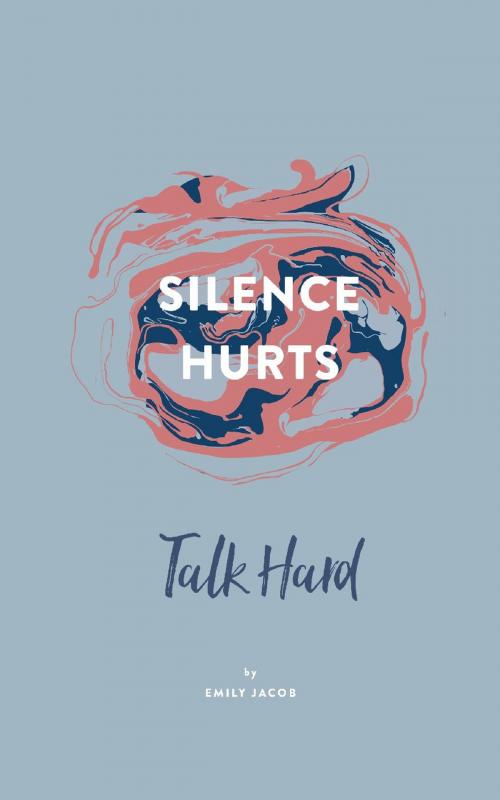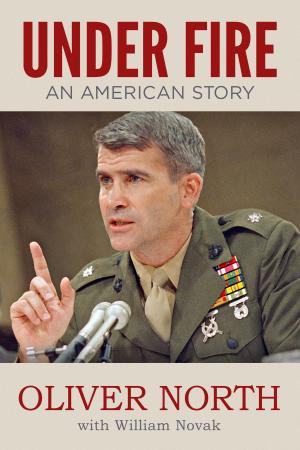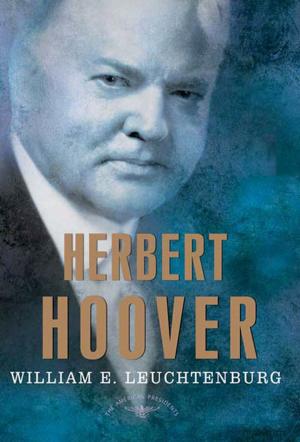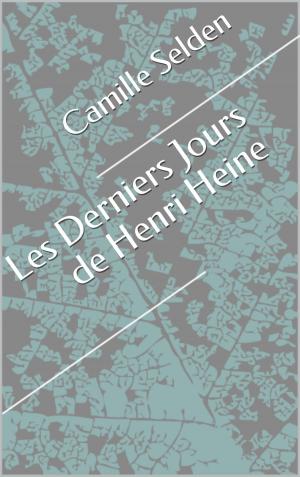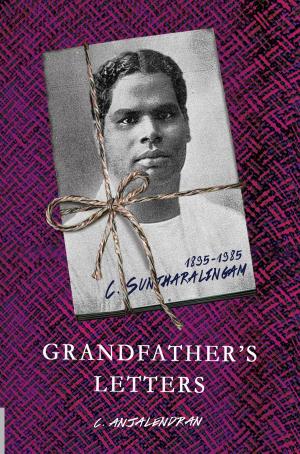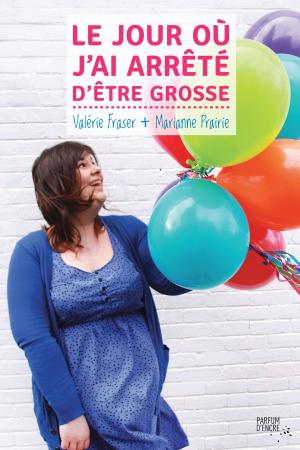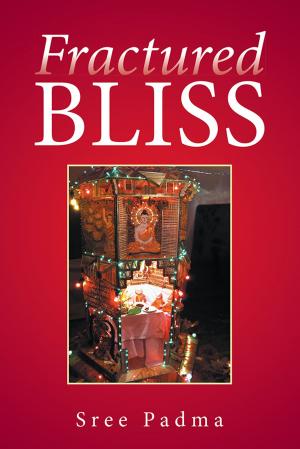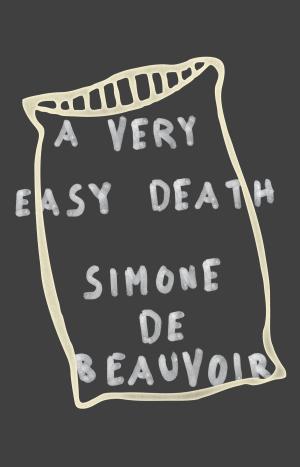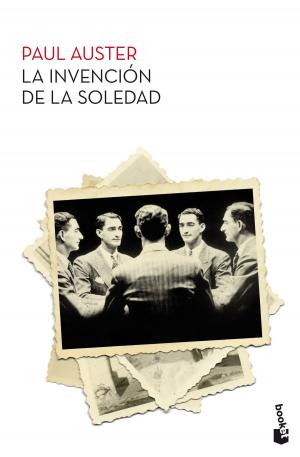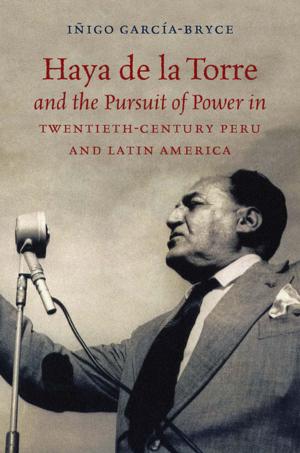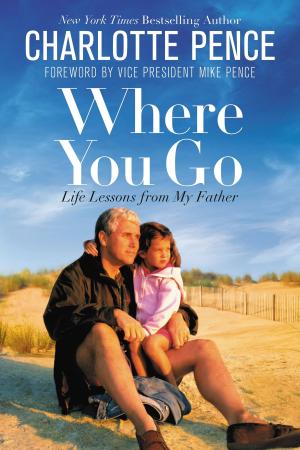Silence Hurts: Talk Hard
Nonfiction, Health & Well Being, Self Help, Mental Health, Abuse, Biography & Memoir| Author: | Emily Jacob | ISBN: | 9781386400561 |
| Publisher: | Resonance Press | Publication: | April 10, 2017 |
| Imprint: | Language: | English |
| Author: | Emily Jacob |
| ISBN: | 9781386400561 |
| Publisher: | Resonance Press |
| Publication: | April 10, 2017 |
| Imprint: | |
| Language: | English |
Silence hurts. It eats us from the inside. It traps us, making sure we feel isolated and alone. In talking there is a taking back of control. In talking we find that we are not alone, that there are others, that others have healed, that healing is possible, that there is hope. In talking we find community. In talking there is power. Talk hard.
Silence hurts. It eats us from the inside. It stops us from finding solace and comfort in others, it traps us, making sure we feel isolated and alone. Silence makes us into victims, silence is the behaviour of the ashamed, and we must behave as though we are ashamed, even if we’re not. Silence is expected of survivors, rape is an uncomfortable subject—and we don’t talk about uncomfortable things. Silence breeds the fallacy that rape only happens to those who deserve it, to those who were stupid and careless, who could have taken a different action and avoided it. Silence is a conspiracy that makes an epidemic seem rare. Silence hurts everyone except the perpetrator. Silence helps them.
Talking is hard. Talking means trusting that telling won’t make things worse. Talking is a responsibility to the person who hears, to honour the telling, to accept the telling, to believe. To give that responsibility to another, to entrust them with your story; that’s hard. Talking gives words to what happened. Words give meaning. Meaning makes things real. There is no hiding in talking. Talking is hard.
But in talking there is power. In talking there is a taking back of control. In talking there is a refusal to be put in a box labelled victim. In talking there is the possibility of others showing compassion and providing comfort. In talking we find that we are not alone, that there are others, that others have healed, that healing is possible, that there is hope. In talking we find community. In talking we can express our anger, our hurt, our pain, our progress, our hope, our survival. In talking there is power. Talk hard.
This is a short collection of some of the talking I did along my journey in refusing to be silenced. They appear here largely as they did then.
Silence hurts. It eats us from the inside. It traps us, making sure we feel isolated and alone. In talking there is a taking back of control. In talking we find that we are not alone, that there are others, that others have healed, that healing is possible, that there is hope. In talking we find community. In talking there is power. Talk hard.
Silence hurts. It eats us from the inside. It stops us from finding solace and comfort in others, it traps us, making sure we feel isolated and alone. Silence makes us into victims, silence is the behaviour of the ashamed, and we must behave as though we are ashamed, even if we’re not. Silence is expected of survivors, rape is an uncomfortable subject—and we don’t talk about uncomfortable things. Silence breeds the fallacy that rape only happens to those who deserve it, to those who were stupid and careless, who could have taken a different action and avoided it. Silence is a conspiracy that makes an epidemic seem rare. Silence hurts everyone except the perpetrator. Silence helps them.
Talking is hard. Talking means trusting that telling won’t make things worse. Talking is a responsibility to the person who hears, to honour the telling, to accept the telling, to believe. To give that responsibility to another, to entrust them with your story; that’s hard. Talking gives words to what happened. Words give meaning. Meaning makes things real. There is no hiding in talking. Talking is hard.
But in talking there is power. In talking there is a taking back of control. In talking there is a refusal to be put in a box labelled victim. In talking there is the possibility of others showing compassion and providing comfort. In talking we find that we are not alone, that there are others, that others have healed, that healing is possible, that there is hope. In talking we find community. In talking we can express our anger, our hurt, our pain, our progress, our hope, our survival. In talking there is power. Talk hard.
This is a short collection of some of the talking I did along my journey in refusing to be silenced. They appear here largely as they did then.
